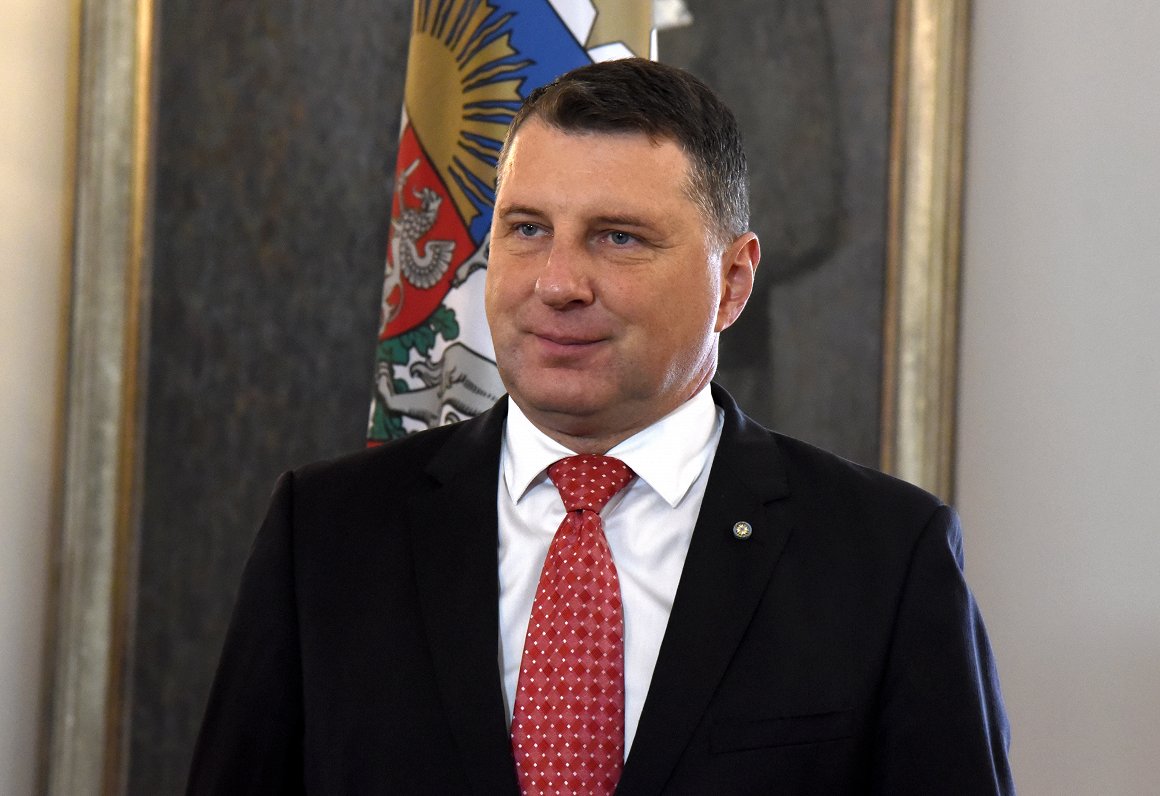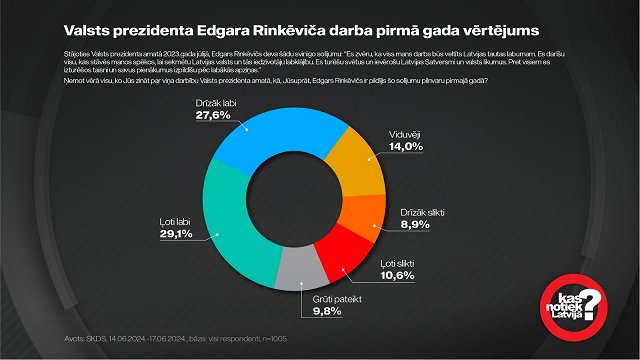Speaking in an early morning interview on Latvian Radio, Vejonis suggested voters would be well advised to avoid casting their ballots for parties unlikely to make it over the 5% voting threshold required to win seats in Saeima.
Commenting on a protest which took place October 23 against the wider use of Latvian in schools, he said:
"We can see that pre-election campaigning appears to have started and considerably earlier than previously... of course, in a free country where everyone has the right to express their view such things happen... but what we saw yesterday it seems was not a simple action about use of the Latvian language but had a wider political purpose."
"I hope voters will get actively involved in the election and voters who vote for Latvian parties will see more consolidation... we often have a desire to split our votes," he said, adding that though there was a need for "new faces" in the next parliament, voters should "really think about their choice of political party" and their chances of crossing the 5% threshold.
His words are significant because usually the President acts as a non-partisan figure, traditionally urging voters to participate and to consider their choices wisely, but not directing them to vote in any particular way.
His distinction between ethnic 'Latvian' parties and the Harmony party which traditionally attracts an ethnic Russian vote is also noteworthy. Though often the largest single party in parliament, which may very well be the cse next year too, Harmony has never been asked to form a government or to be art of a coalition.
The President also expressed regret that his legislative initiative to grant automatic citizenship to all newborns had been rejected out of hand by Saeima.
"The principle has to be that when a child is born, they have citizenship - whether that is Latvian, Russian, Lithuanian or whatever... we cannot allow this hangover from the Soviet era to remain."





























